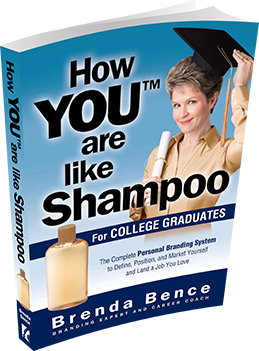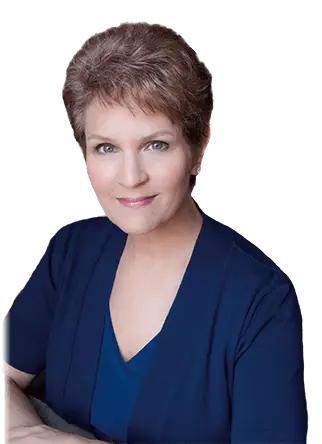Statistics show that, on average, only about 10% of college grads write a thank you note after an interview. So, should you? Absolutely! It’s a great way to distinguish yourself from the sea of other candidates, and it will help your individual personal brand stay memorable. In fact, if you’re in the “maybe” pile when you leave the interview, a well-thought-out thank you could easily move you to the “yes” pile.
After contacting over 50 of the country’s top recruiters, I learned dozens of powerful tips that they suggest college grads consider during their job search.
Here are some of those tips for making your follow-up thank you note a powerful statement that will help you build your college graduate personal brand and land a great job:
Personalize it!
If you send a “cookie-cutter” thank you that sounds like it’s the same one you send to everyone after an interview, you could easily be moved from the “maybe” pile to the “rejected” pile. So, no cutting and pasting! Mention something specific that happened in the interview to help the interviewer remember you. One company recruiter says, “It shows that you were listening and paying attention.” She suggests writing something like, “I really liked the culture of the company, and I feel I can contribute in that kind of environment because…”
Express your interest in the job.
Be enthusiastic about it! Be willing to show your excitement and passion.
Remind the interviewer what you can offer.
Mention why you believe you’re a great fit for the job. Veda Jeffries, Assistant Director of Counseling Services at Stanford University, says a well-written thank you note “gives you an opportunity to reiterate or point out a skill you may have overlooked during the interview.”
Don’t forget anyone.
If you interviewed with more than one person, send each of them a separate thank you note.
Proofread, proofread, proofread!
Triple-check the thank you note to make sure everything is correct — especially the interviewer’s name and title and the company’s name and address. Accountemps conducted a survey of 150 senior executives that was published in USA Today, and 40% of them said it would only take one typo for them to decide against a candidate for a job! Norman Saale, Chief Operating Officer at a multi-office accounting firm says, “A thank you note can provide an opportunity for someone to make a mistake, and bad mistakes can actually change the recruiter’s mind. If you’re not a great writer, it can work against you.” So, if you can’t write a great thank you note on your own, get someone to help you. You want your thank you to get you the job, not lose it for you.
Timing is everything.
If you know the company is going to make a quick hiring decision, send your thank you right away by e-mail. But…if they’re going to take a couple of weeks or longer to hire someone, you can stand out even more by sending your thank you note by snail mail. These days, receiving snail mail is pretty rare, so it can actually help you be remembered.
Use your best handwriting, and send your thank you note on a professional-looking card. Shannon Boehm, Manager of Undergraduate Recruitment at a major retailer, says this about thank you notes: “I am far more impressed when I receive follow-up handwritten thank you notes instead of e-mails. Thank you e-mails are actually the most common for me to receive, and I generally just file them away. But handwritten thank you notes are posted up on my office wall. A generic one is not as impressive, but one that is well thought-out can make a candidate stand out.”
If only 10% of applicants write a thank you note after an interview, imagine the edge you will automatically have when you write yours! The odds are definitely in your favor. Again, just make sure that it’s written well and that it communicates your college graduate personal brand in the best possible way. If you do, you’ll be one step closer to landing the job you really want upon graduation.

How YOU™ are like Shampoo: For College Graduates
Learn Brenda’s powerful step-by-step personal branding process to help you get the job of your dreams upon graduating from university. “Every college grad needs this book!”

 Brenda Bence is sought after across six continents as a Certified Executive Leadership Coach, internationally recognized branding expert, and the author of 11 award-winning books on leadership, coaching, and branding. A Global Certified Speaking Professional, Brenda is in demand as a top-rated motivational speaker, engaging audiences around the world, both in-person and virtually.
Brenda Bence is sought after across six continents as a Certified Executive Leadership Coach, internationally recognized branding expert, and the author of 11 award-winning books on leadership, coaching, and branding. A Global Certified Speaking Professional, Brenda is in demand as a top-rated motivational speaker, engaging audiences around the world, both in-person and virtually.